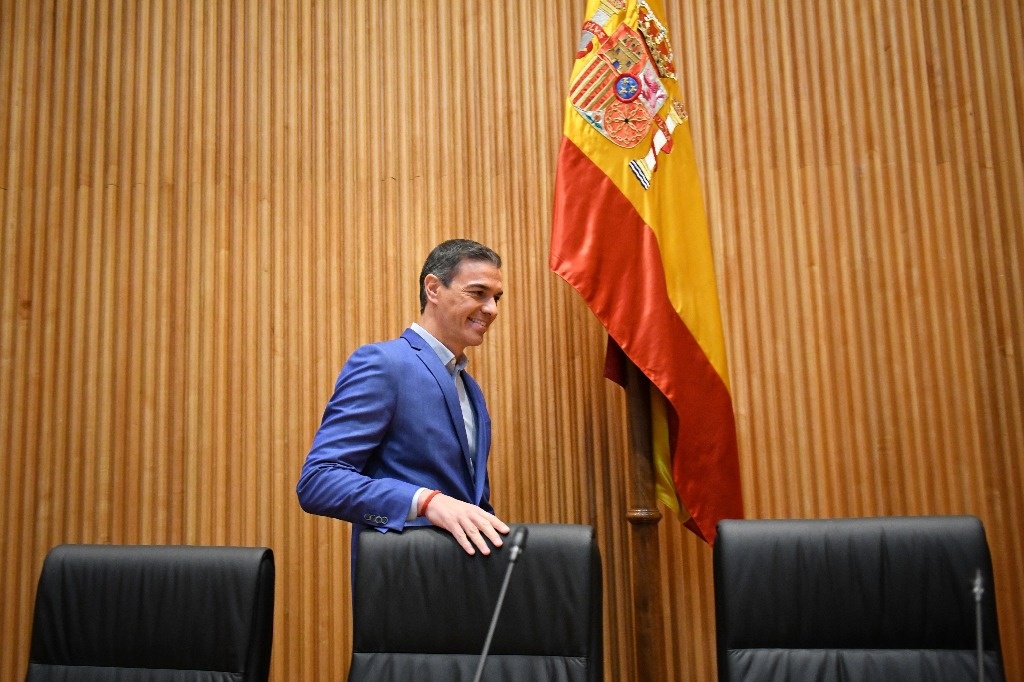Madrid. The Spanish government, headed by the socialist Pedro Sánchez, presented a plan for “democratic regeneration” in which it seeks to regulate the media, fight against hoaxes and fake news and reform the Penal Code to “reform” a series of crimes that have been in force since the time of the Franco dictatorship, such as offending religious feelings and the Crown. The project will have to be validated in the Congress of Deputies, where the government coalition – the Spanish Socialist Workers’ Party (PSOE) and Sumar – still do not have the necessary support. The political opposition, led by the right-wing Popular Party (PP), called the measure a “plan for degeneration.”
Last April, when various media outlets published news related to President Sánchez’s wife, Begoña Gómez, who was accused of influence peddling, among other things, the Spanish president announced that he would take a few days of “reflection” to decide whether it was worth continuing to lead his charge in the face of the “sludge machine” and the “campaigns of poisoning” that he and his associates were suffering. He finally decided to continue and the day he announced his decision he also warned that he would present a plan for “democratic regeneration” to “preserve” it from the attacks that “try to destroy it.” And now, five months later, he presented the plan, which at the moment has general ideas and is waiting to define the specific measures in the parliamentary negotiations to obtain the majority, especially because the different parliamentary groups have diverse demands and opinions, in some cases antagonistic.
One of the main objectives is to demand “more transparency” from the media, which means that they must provide detailed information on the identity of the owners of the publishing companies and the origins of their sources of funding. This is especially true if they receive public money, whether from the central government, the autonomous communities or the town councils or any other type of public body. The body in charge of supervising them will be the National Commission on Markets and Competition (CNMC). “Citizens must be honestly informed about the sources of funding for the media, the identity of their shareholders, the institutional advertising they receive and their audience figures,” says the action plan.
In parallel, the Spanish government intends to reform the Law on Institutional Advertising to further limit the way in which public institutions allocate public resources, in an effort to give it greater “transparency, proportionality and non-discrimination in its allocation.”
The opposition, led by the PP and supported by the far-right Vox, harshly attacked the initiative, calling it a “plan for degeneration” and warning that it would now be the government’s power to decide who is and who is not a journalist or a news outlet. Most media outlets critical of the government also raised their voices against what they consider a “dangerous drift” that “puts freedom of expression at risk.”
In any case, the process of negotiating and approving the plan could take months, even years, in Parliament, so its implementation, if it is carried out, will not be immediate.
#Pedro #Sánchezs #government #presents #plan #regulate #media
– 2024-09-23 18:24:51
